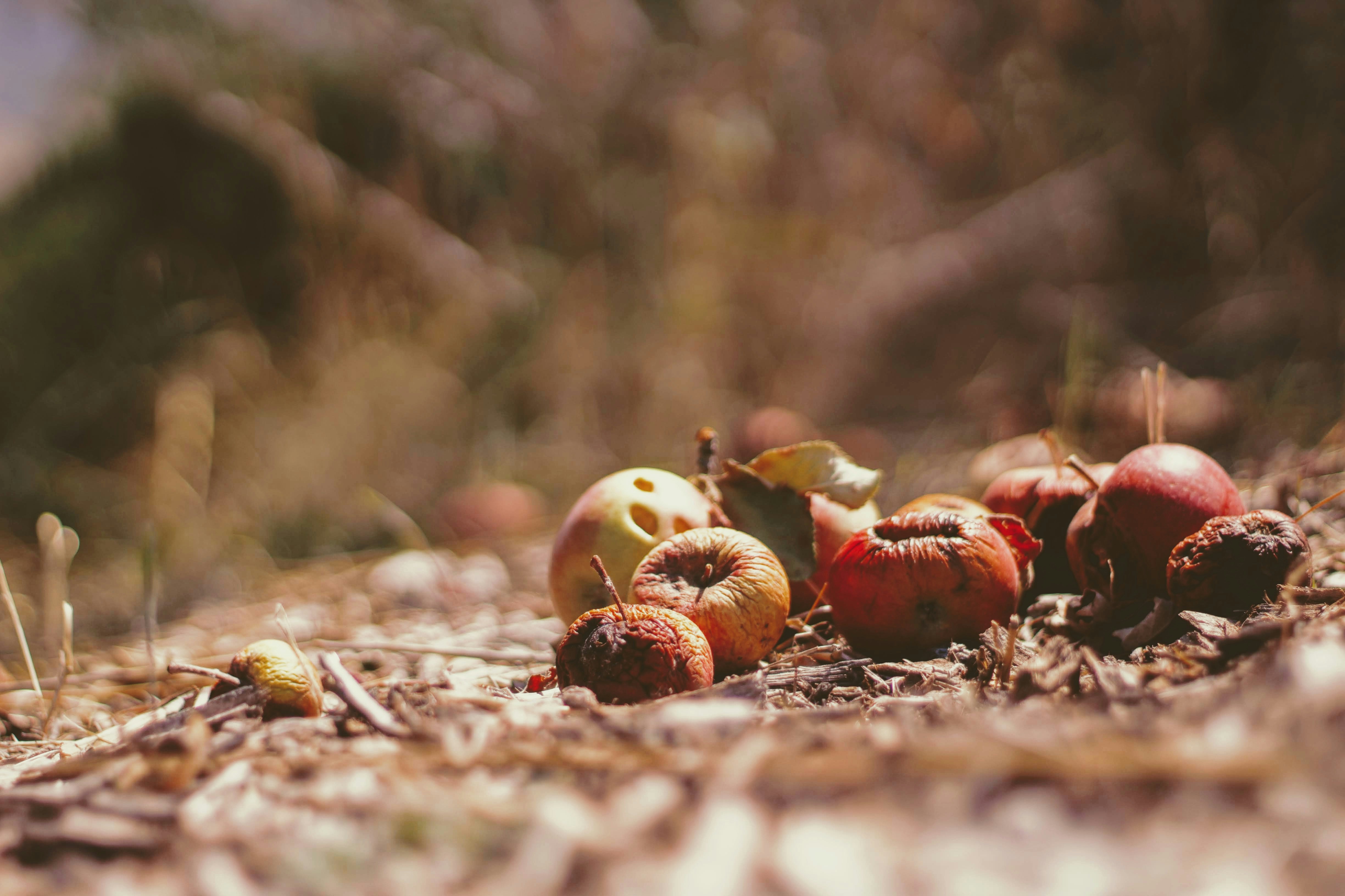Source separation of biowaste will be compulsory for everyone in Europe from 2024, as set out in the European Waste Directive.
In France, until now, it only concerned large-scale producers. However, the anti-waste law transposing the directive extends it to all producers.
The objectives of this mandatory source separation and recovery of biowaste are to increase the recycling of organic waste and reduce the quantities sent to landfill or incineration.
What is biowaste?
These are
- non-hazardous biodegradable garden or park waste,
- food and kitchen waste from households, offices, restaurants, wholesalers, canteens, caterers or retail outlets,
- as well as comparable waste from food processing plants.
Example: food waste (banana peel, etc.) from the break room or canteen, green waste.
What are the obligations?
Since 2012, people producing or holding large quantities of bio-waste (green space companies, supermarkets, food processing industries, canteens, etc.) have been obliged to sort this bio-waste for recycling.
Since January1, 2016, professionals producing more than 10 t/year of biowaste or 60 l/year for oils have been concerned.
From December 31, 2023, this obligation will be extended to all producers and holders of biowaste (regardless of quantity).
What treatment options are available?
The two main biowaste treatment processes are :
- composting
- and methanization to produce biogas.
Note: Waste-to-energy operations, waste-to-fuel operations and landfill operations do not qualify as recycling operations.
Waste recovery can be carried out directly by the producer or holder (e.g. on-site composting) or by a third party, after separate collection when recovery is not carried out on the production site.
Conclusion
One of France's objectives is to increase the amount of waste recycled in the form of materials, particularly organic waste. The aim is to direct 55% of non-hazardous non-inert waste by 2020 and 65% by 2025, measured by mass.
These new regulations are in line with France's national policy on waste prevention and management.
Another target is the end of single-use plastic by 2040.
Photo credit: Joshua Hoehne


.svg)



